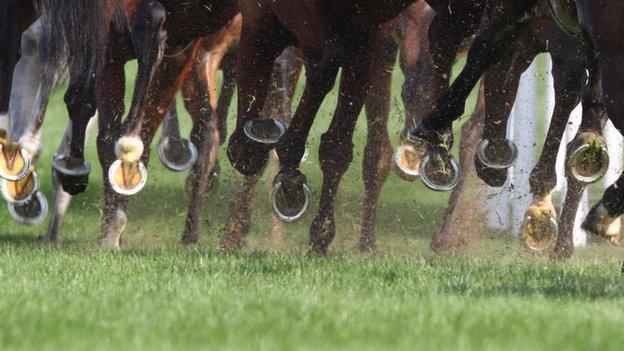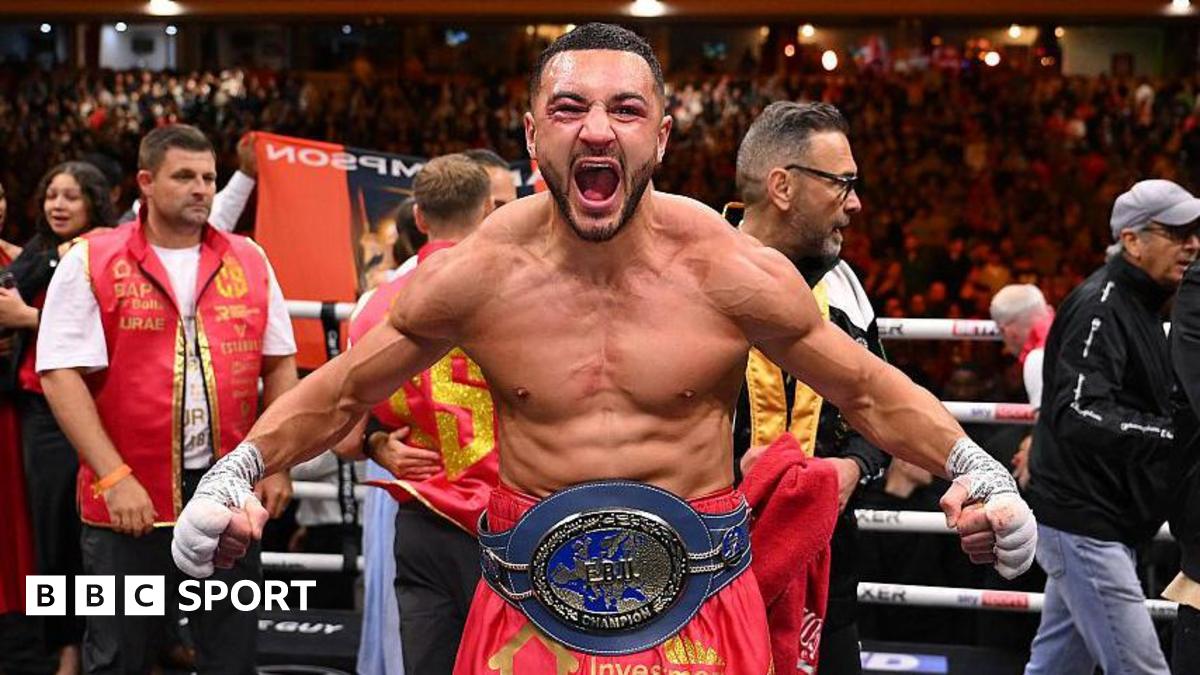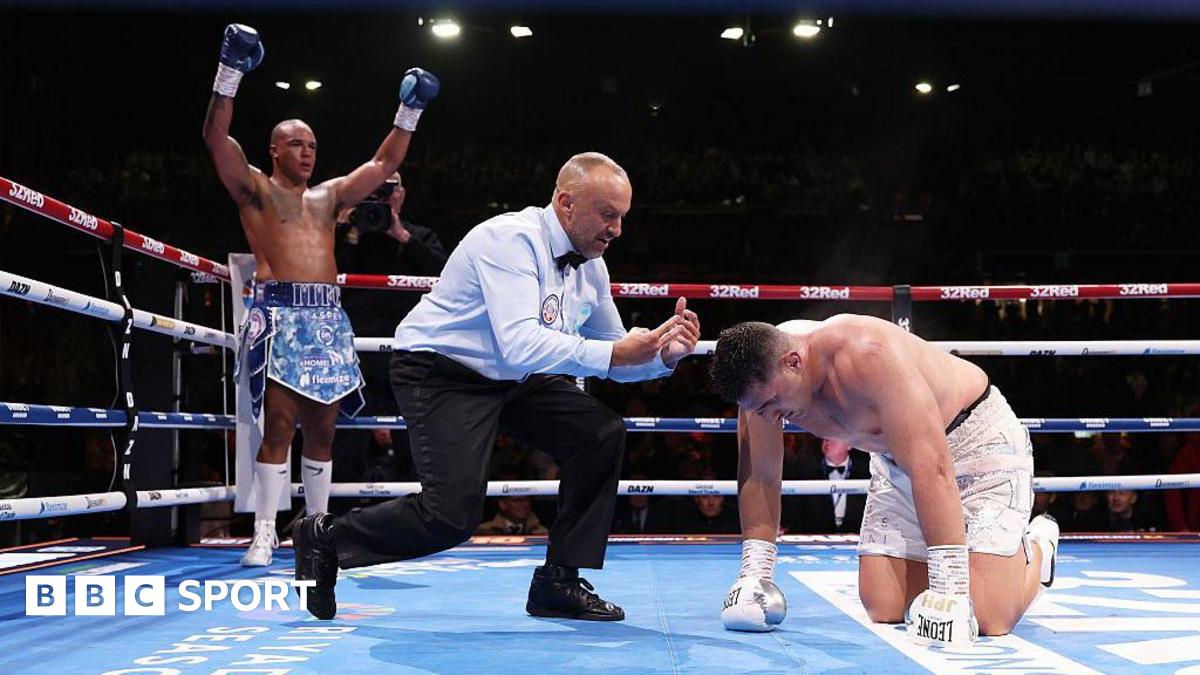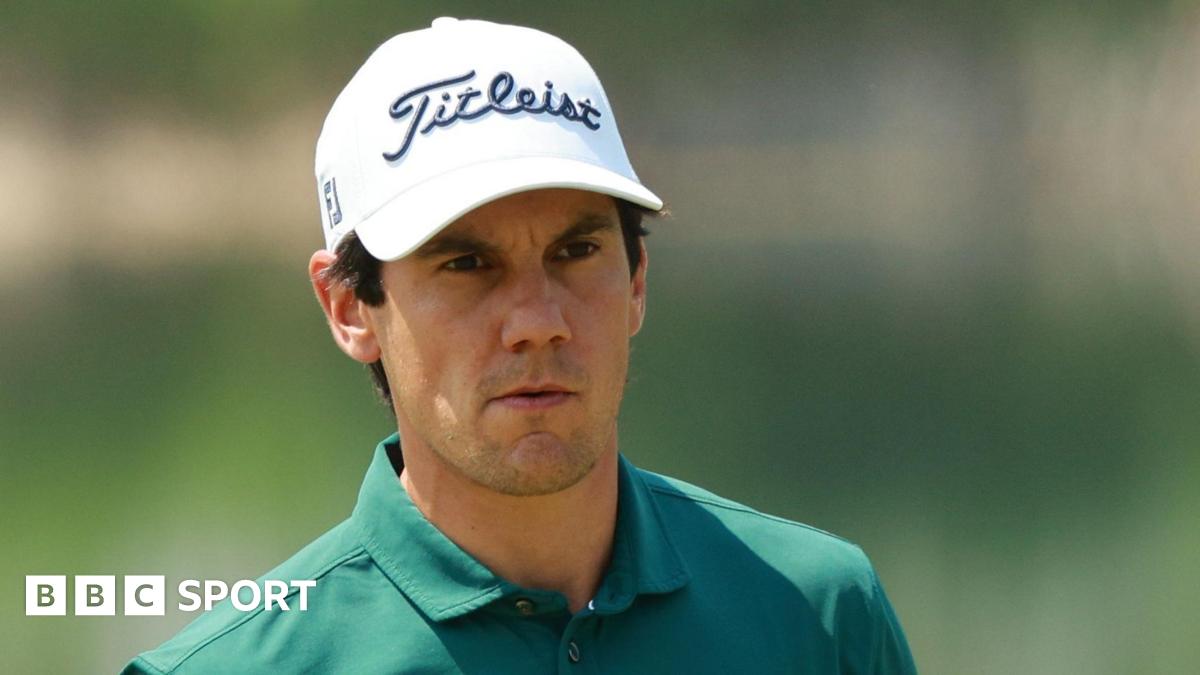ARTICLE AD BOX

Racehorses entered to run in Great Britain will have to be signed out of the human food chain from January, BBC Sport can reveal.
The British Horseracing Authority (BHA) rule change will mean horses cannot be sent to abattoirs in exchange for money to be slaughtered for food.
Transporting horses to an abattoir to be sold for consumption was "not an approach that we should tolerate in our sport" and should not be "classed as euthanasia", said BHA director of equine health and welfare James Given.
In July, a BBC Panorama investigation found that 4,000 former racehorses - some once owned and trained by prominent figures in the industry and most trained in Ireland - were slaughtered in Great Britain and Ireland since the beginning of 2019.
Indicative data held by racing authorities suggests 12% of those would have been killed in Great Britain.
- Thousands of racehorses killed in slaughterhouses
- Racing bosses condemn abattoir practices
- Watch: Panorama - The Dark Side of Horse Racing
Given explained that one of the main reasons for the rule change was so that all racehorses could be treated with the most appropriate drugs if they were injured on a racecourse.
At present, any horse not signed out of the human food chain cannot be given certain drugs, such as painkiller phenylbutazone, or 'bute'.
From next year horses will still be able to be sent to an abattoir as a method of being put down humanely, but can no longer be sold for food.
The rule was proposed in January by the BHA's veterinary committee, but needed approval by the organisation's board and rules committee, which came last month.
It applies to all domestically trained runners in Great Britain, and will mean entries are not accepted if it has not been declared - via the Weatherbys app and the horse's passport - that the horse is not intended for human consumption.
The intention is for it to cover international runners, and the BHA is currently liaising with other jurisdictions.
However, a leading welfare charity warned that this was not the "welfare panacea it might appear" and warned an "underground trade" could still enable people to circumvent the rules.
Given told BBC Sport: "There are a number of welfare issues [behind this]. I think it is a great development.
"It follows on from work that was done last year by the Horse Welfare Board developing euthanasia guidelines and a decision-making tree to help people with what is a very difficult time.
"The four cornerstone stakeholder groups were all consulted and all unanimously agreed that this was the right and proper thing to do, and of course the Panorama programme highlighted even more its necessity."
In a statement, he added: "The transporting of horses to an abattoir to be sold for consumption should not, in my view, be classed as euthanasia and is not an approach that we should tolerate in our sport, which is why a rule preventing this practice is a positive step.
"I am confident that most British trainers and owners agree with me on this and already observe this principle."
Covert recording in the Panorama investigation raised concerns about the way horses were being killed at one of the UK's biggest abattoirs.
Other issues that were highlighted included horses being transported hundreds of miles from Ireland and some carrying career-threatening injuries.
The abattoir, Drury and Sons, told Panorama they "take great care to maintain high welfare conditions and do not accept any form of animal abuse".
World Horse Welfare chief executive Roly Owers told BBC Sport: "This is an interesting development but like any change, it needs to avoid unintended consequences.
"Signing horses out of the food chain is not the welfare panacea it might appear and it will be important for the BHA to monitor the impact of this change and to act where necessary.
"Equally this change will make the need for lifetime responsibility and traceability for all former racehorses ever more important as the slaughterhouse will no longer be an outlet.
"And until there is a robust digital equine identification system there is still a risk that some racehorses will be entered into the food chain fraudulently in an underground trade that we know carries grave risks for equine welfare."

- 'Why do people have to do that?!' Ricky Gervais reveals all of his everyday frustrations
- The Sports Desk: Is it time for football to phase out heading?


 3 years ago
144
3 years ago
144








 English (US) ·
English (US) ·